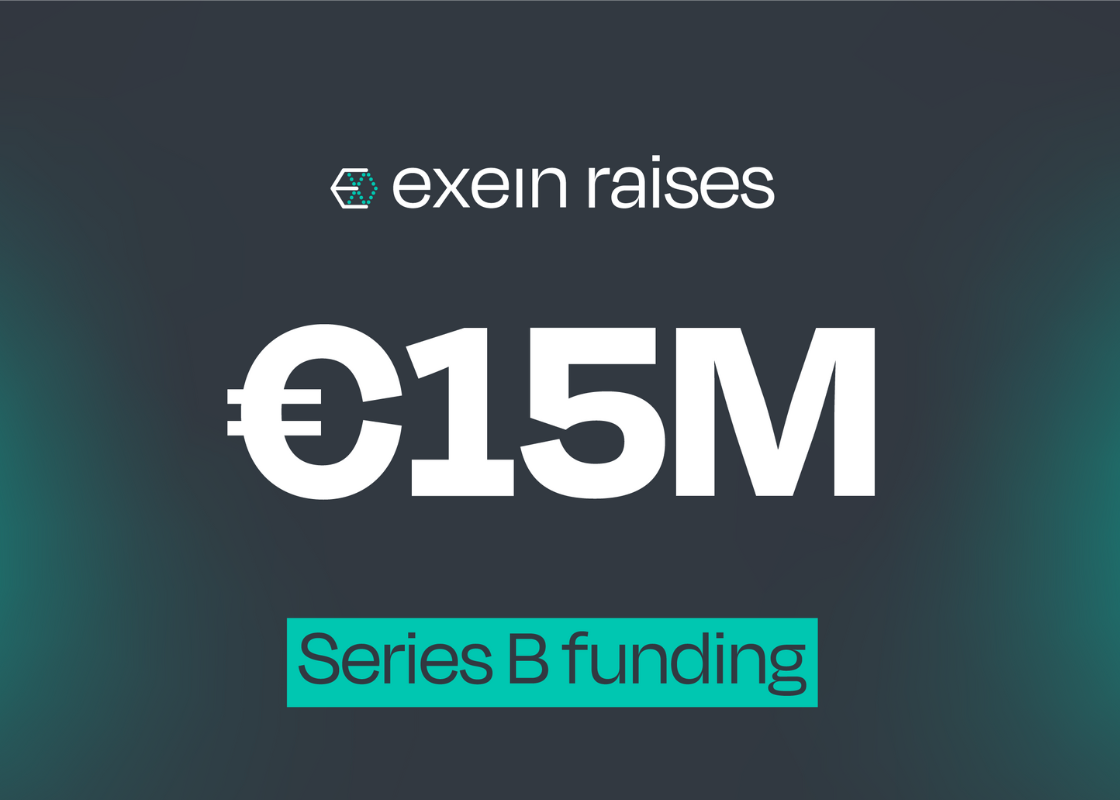PitchBook Analyst Note: VC in Southern Europe
December 21st, 2021

Today we deep dive into the recently published Pitchbook Analyst Note “VC in Southern Europe. A look at VC activity and factors impacting opportunities in the region”, authored by Nalin Patel and featuring a contribution by our managing partner Massimiliano Magrini. We’ve put together the most interesting takeaways, highlighting the data concerning the Italian ecosystem. The full PitchBook report can be downloaded at this link.
Records have been smashed across the European venture capital ecosystem in 2021, as the COVID-19 pandemic has accelerated capital flows into tech-enabled businesses disrupting traditional industries. Deal value reached an astonishing €73.7 billion through Q3 2021, as records have been set across European regions and round sizes, valuations, and returns have climbed further.
Narrowing the data down to Southern Europe, a region that boasts a diverse set of countries with vastly different demographics, population sizes, and major GDP drivers, it’s quite surprising to see that the region only contributed 5.0% to the European total deal value through Q3 2021. To put it into perspective, Italy and Spain are the third- and fourth-largest economies, respectively, in terms of GDP in the EU, only behind Germany and France now that the UK has left: it could be argued that greater levels of VC investment would be expected from two of the largest economies in Europe.
And yet, capital is spreading into wider VC networks with deal value figures raising in Southern Europe as well. The region appears to be growing its reputation and has set new records in recent months as LPs, GPs, founders, and startups have been drawn to the region.
VC activity in data
- The bulk of VC dealmaking in Southern Europe lies within Italy, Spain, and Portugal. Deal value in the region reached a record €3.7 billion through Q3 2021, a 40.3% uptick from the record set in 2020.
- Italy possesses the second largest national VC ecosystem in the region (the first being Spain). A record €1.1 billion has been invested in Italy-based startups in through Q3 2021 YTD, more than double the previous best in 2020.
Factors driving activity in the region
Despite the Southern Europe tech ecosystem remaining relatively small, it appears to be developing strongly as evidenced by deal value figures in 2021 YTD. According to PitchBook, the main factors driving VC activity in the region are a strategic geographic location; hubs for talent and innovation; and domestic investment programs. Let’s see them in detail.
Location
- The desirable climate of Southern Europe provides attractive opportunities for entrepreneurs and investors looking to relocate or invest in the region, particularly as we see hybrid working models implemented.
- With its shared languages and cultural influences, Southern Europe acts as a bridge between Latin America and Europe. VC remains a relationship-driven business, and common cultures, objectives, and beliefs could prove vital when competing for financial backing or entering a new market.
- Finally, its proximity to Africa could provide a powerful gateway for VC capital flows to another largely untapped continent and for startups targeting emerging markets rather than highly saturated cities in Europe.
Talent and innovation
- Southern Europe appears to be well-positioned to attract individuals to collaborate and study in the region, with top globally ranked business schools including IESE and Esade in Barcelona, IE in Madrid, and SDA Bocconi in Milan. Nurturing talent and entrepreneurial culture is crucial to establish a long-term conveyor belt of new opportunities.
- Europe’s largest conferences are drawing global audiences to Southern Europe – most notably the Mobile World Congress, which moved to Barcelona from Cannes in 2011, and Web Summit, which moved to Lisbon in 2016 from Dublin – enabling extensive networking, knowledge sharing, and potential dealmaking.
- US-based big tech companies identified Southern Europe as a key growth area for technical innovation and invested significantly in the region. With regard to Italy, we can mention Microsoft announcing in 2020 a $1.5 billion five-year investment in the country; and Apple’s extending until 2025 the developer academy it established in Naples in 2016 to help ambitious coders and entrepreneurs across Europe.
Domestic investment programs
- Widespread investment programs, largely through funds of funds which entrust the investment selection to local professional operators, have been launched in recent years to help local startups gain traction and develop. The main initiative of this kind in Italy is the Fondo Nazionale Innovazione, aiming to make tech and venture capital strategic pillars to Italy’s economic growth and innovation.
- With regard to startups, in Italy, the 2012 Italian Start Up Act was a key milestone in removing bureaucracy and enabling startups to prosper. Regulatory advantages include easier incorporation processes with fewer fees, flexible corporate management and labour laws, and visa programs to attract talent. Financial incentives include tax relief for angel & seed and early-stage investors, employee equity schemes, and access to subsidised finance arrangements with improved terms.
Future considerations
Southern Europe is a region that has all the characteristics of a major VC area—skilled talent, vibrant cities, large total addressable markets, and strong geographical infrastructure. So, why have the Southern European countries – and specifically Italy – lagged comparable European countries in VC growth? Factors hindering growth include risk-averse investors, individuals going into traditional industries rather than entrepreneurship, and challenges developing new, ambitious companies.
Interviewed by PitchBook on the matter, our co-founder and managing partner Massimiliano Magrini said Italy possesses the typical innovation witnessed across the board in more mature ecosystems. A strong technological heritage exists in Italy; however, startups typically go on to become service providers rather than bolt onto new technologies and scale globally. Italy invested heavily in the dot com bubble in the early 2000s; consequently, investors have become conservative and risk-averse in their approach. Italian LPs only started heavily investing in VC in 2015, whereas investors in other nations including the UK and France started earlier.
Furthermore, only during the past few years has Italy developed the knowledge and infrastructure to monetize and capitalize on the potential of emerging businesses. Italy has an under-capitalized ecosystem in comparison to its peers, a skilled and loyal workforce, and plenty of opportunities. It is an emerging country within an emerging region for VC. Ten years after the Start-Up Act was passed, Italy has reached a tipping point; there are growing numbers of established funds and investments ripe for an exit. We expect a full course of exits to occur in the next year or so, which could be a major turning point for the ecosystem, raising awareness, driving further investment into the country, and forming cohorts of successful founders and early employees, who go on to become serial founders and investors and develop a regional VC cluster.
Drawing conclusions, PitchBook Senior Analyst Nalin Patel affirms:
“There are several reasons for operators and investors to be extremely positive about the outlook for VC in Southern Europe. The region boasts unique characteristics including an underdeveloped VC ecosystem, growing domestic and international capital options, skilled talent developing a newfound entrepreneurial mindset, and an appealing location—all of which are strong long-term selling points—and we expect VC to pick up strongly over the next few years.”
There is still a way to go, but perceptions have shifted and confidence has crystalized. Promoting innovation, developing entrepreneurs, and enacting reforms to make founding companies easier will play a major part in developing the ecosystem. It won’t happen overnight – these measures take time to affect an ecosystem and will need to continually evolve to adapt to challenges or new opportunities in VC – but as a matter of fact, Southern European tech is on a strong trajectory, more attractive, and dynamic than ever. It’s inspiring to be part of this journey, and we’re excited to see what’s ahead.
Read the full PitchBook Analyst Note: VC in Southern Europe.


